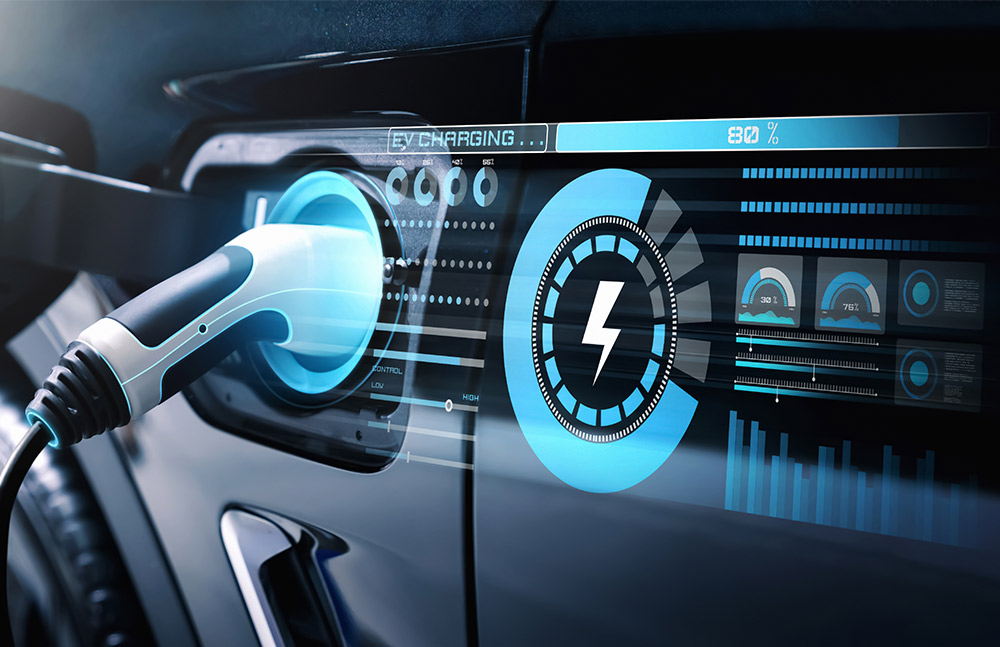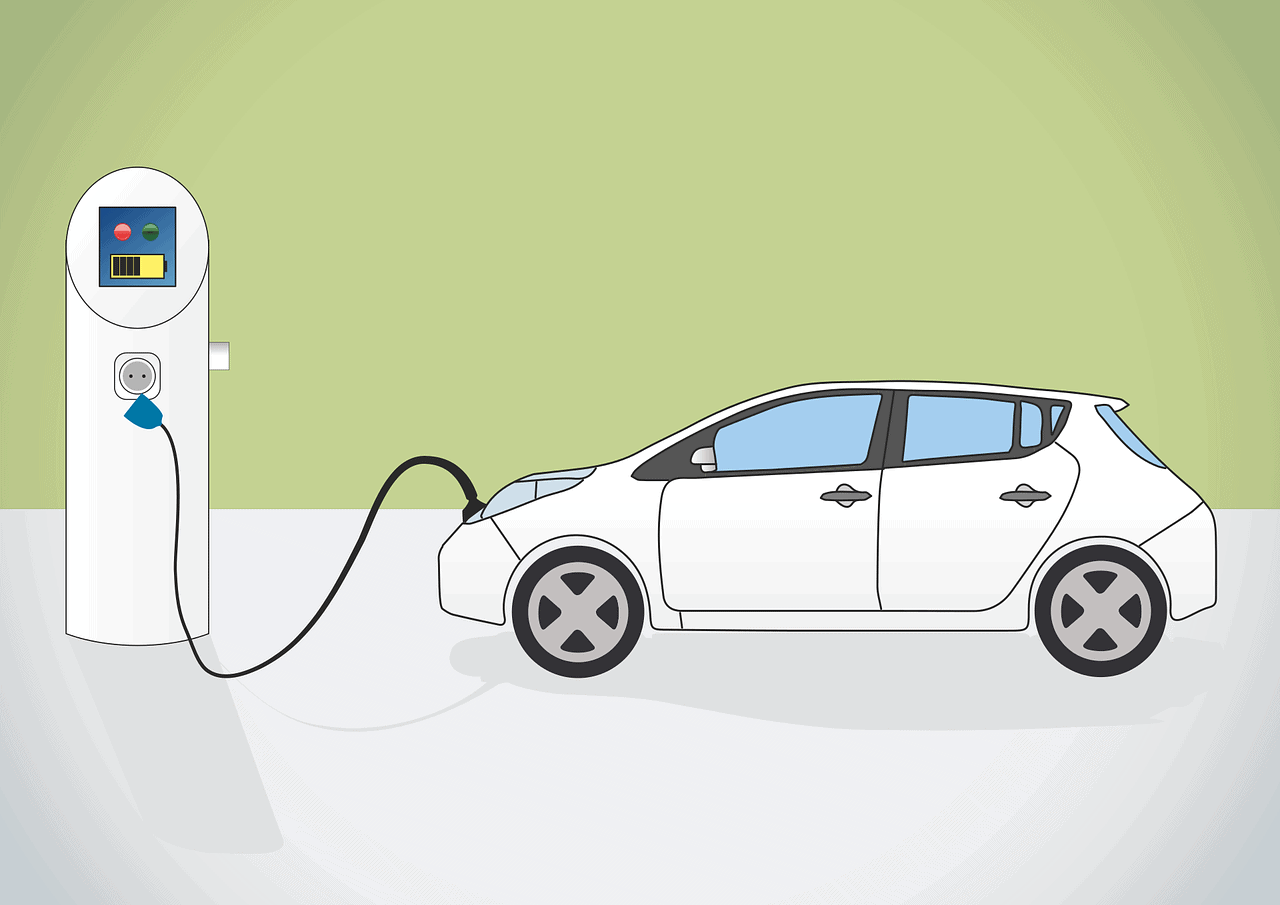
Table of Content
▼New Delhi: The Delhi government plans to introduce a time-of-day tariff system for charging electric vehicles (EVs) to incentivize users.
The Delhi government plans to introduce a time-of-day tariff system for charging electric vehicles to incentivize users. Consultations are currently in the initial stage and the system may be introduced within a year, Jasmine Shah, vice-chairperson of the Dialogue and Development Commission of Delhi, said in an interview.
"Currently, ToD (time of day) is not present in electric vehicle charging. With the increase in the number of electric vehicles, the stability of the network is also important. If someone wants to charge at 10 p.m. when the load increases power in Delhi, do it at higher rates, but if you can charge your car at 2am, it will cost less.
Noting that the system will be rolled out through separate EV meters offered to consumers, he said: “The EV fee in Delhi is Rs 4.5, the business fee is Rs 7.5, and the local fee is obviously much lower for low users but if you have heavy local consumption then the highest rate would be Rs 6-6.5. It makes sense for you instead of consuming your local power which is Rs 6 to set the EV meter at Rs 4.5".
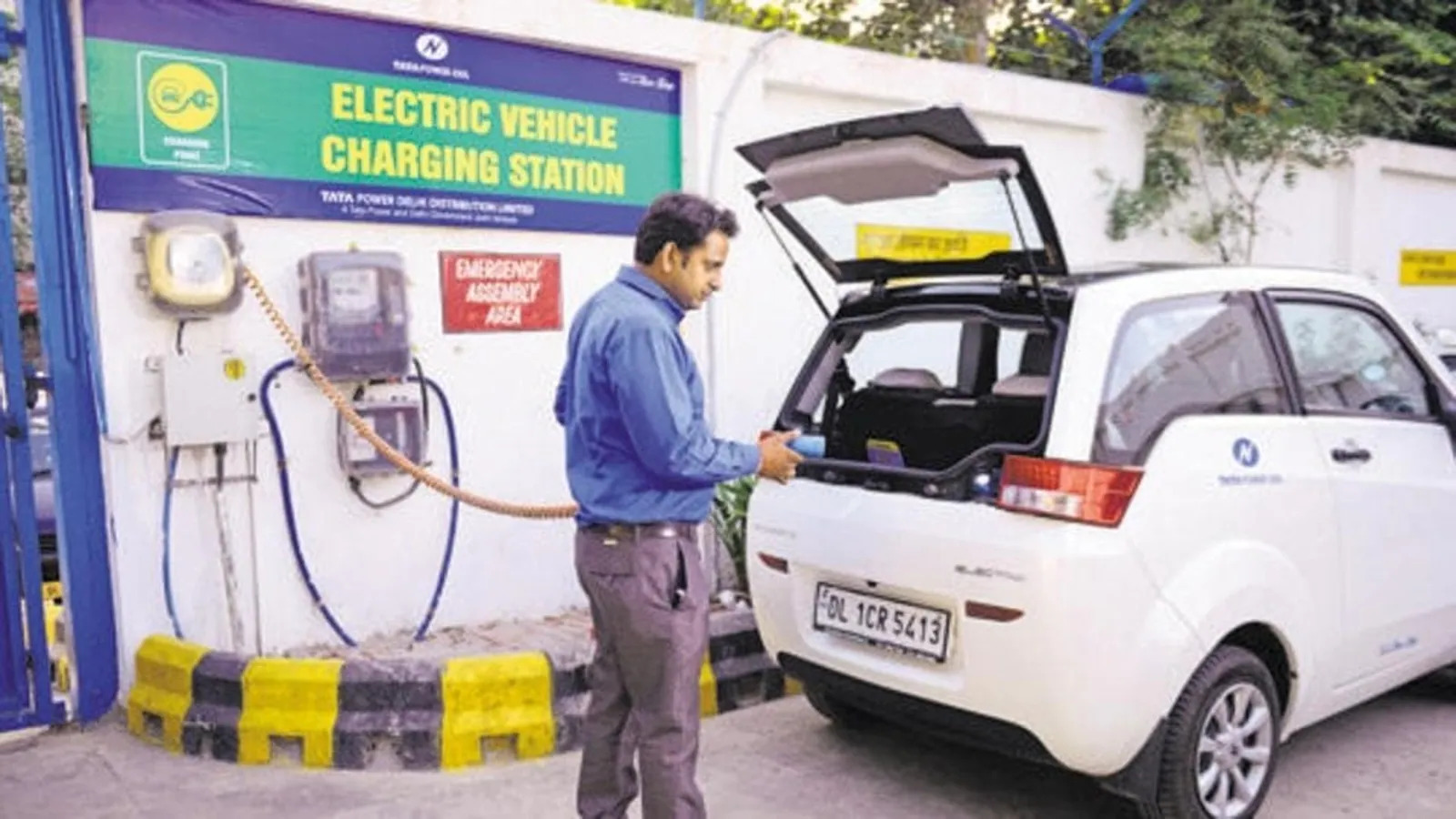
He said discussions are still at an early stage and regulators and power disturbances must be involved for the system to be implemented. Shah said that with the rapid growth in the adoption of electric vehicles in the national capital, the time-per-day fare system is the need of the hour.
On the estimated timeline for implementing the system, he said, “My guess is probably in a year’s time."
The National Capital Electric Vehicle Charging Infrastructure Action Plan 2022-2025 stated that the state Department of Transportation would work with harassment to recommend measures such as “time of day” and “managed charging” to the regulatory commission.
On August 18, the Autonexa reported that the center plans to extend its 24-hour energy rate for retail electricity customers. Today this system, whereby electricity costs more or less depending on the time of day, is available to some commercial and industrial users.
Under this system, energy consumption during peak demand hours costs more, and during lean hours it costs less. The plans to stimulate consumers and reduce load on the grid come at a time when electric vehicle sales are picking up and the national capital emerged from record power demand during April and May.
According to estimates, almost 26,000 electric vehicles were sold in the national capital in the first half of 2022. A recent report by the Energy Storage Alliance of India estimated that the demand for electric vehicles in India could grow up to 49% annually between 2021 and 2030.
According to the Delhi government, electric vehicle sales in the state have averaged more than 10% of total monthly sales in 2022 since the launch of the Delhi Electric Vehicle Policy. In the last two years, Delhi recorded more than 62,000 sales of electric vehicles. The Delhi Electric Vehicle Policy was notified in August 2020. The Delhi Electric Vehicle Policy has a target that 25% of all new vehicle registrations by 2024 will be electric vehicles.
Also Read: Mercedes-Benz EQS AMG to be launched in India tomorrow
Mehul Jain
EV Specialist & Clean Mobility Advocate. Mehul Jain is an expert in India’s evolving electric vehicle ecosystem, with a focus on EVs, charging infrastructure, and sustainable mobility. His articles cover everything from government subsidies to range insights, helping readers navigate the shift to cleaner transportation.
_1749019223.webp)
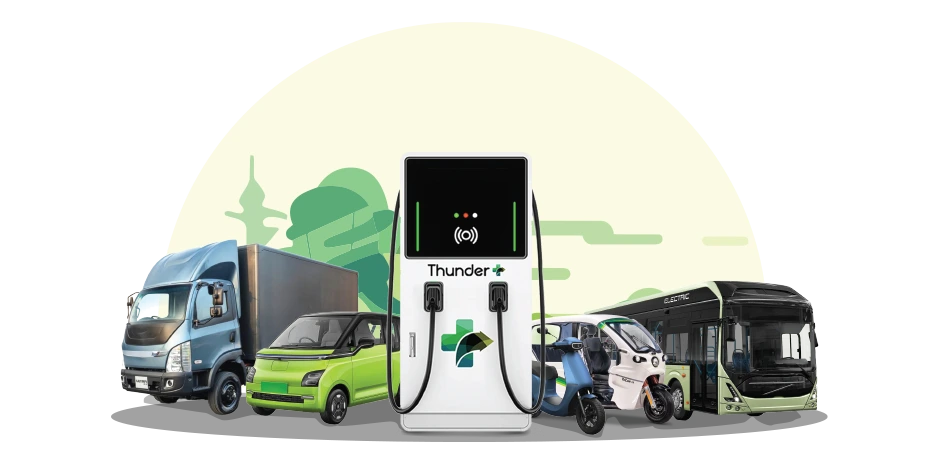
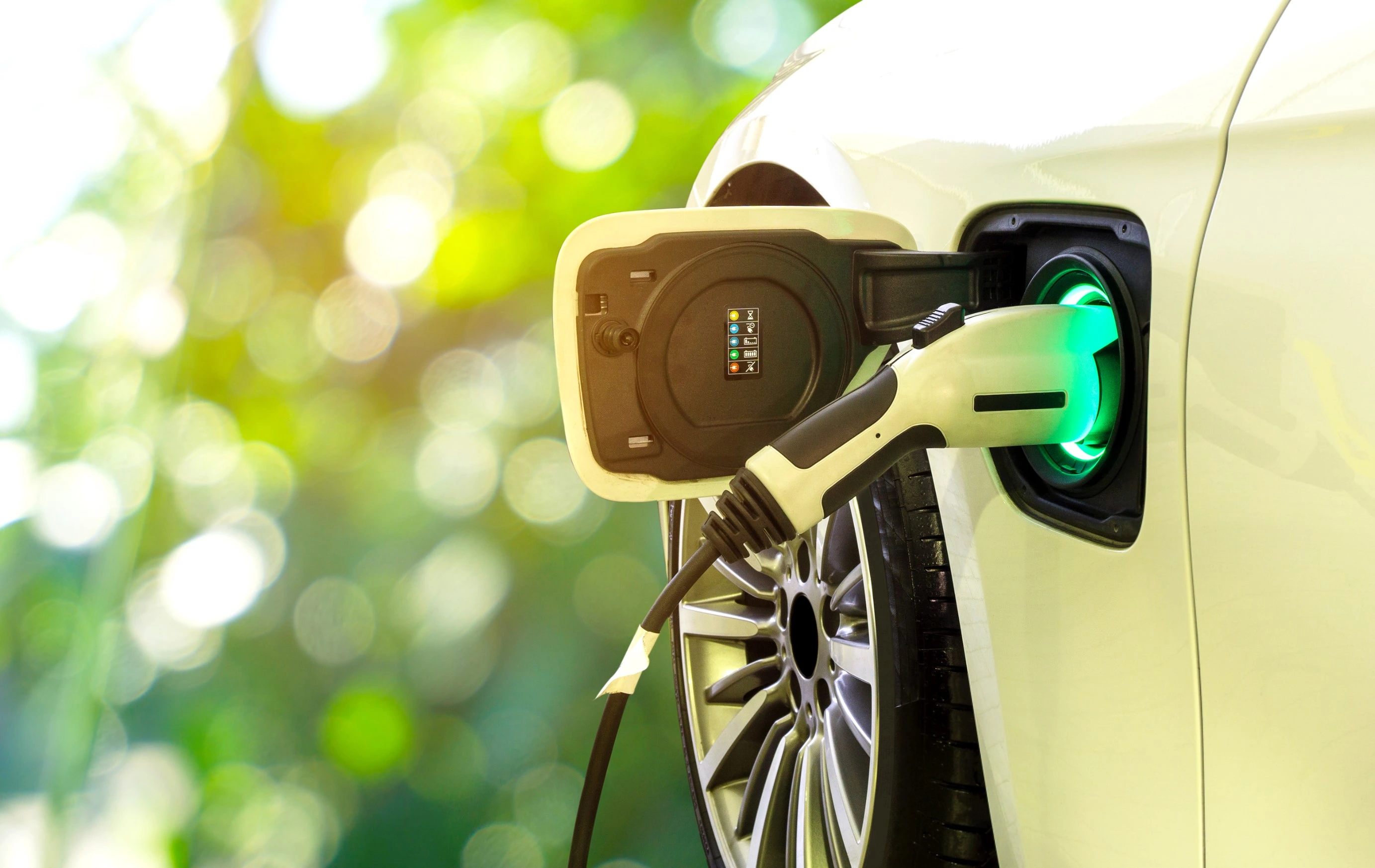
_1770886465.webp)

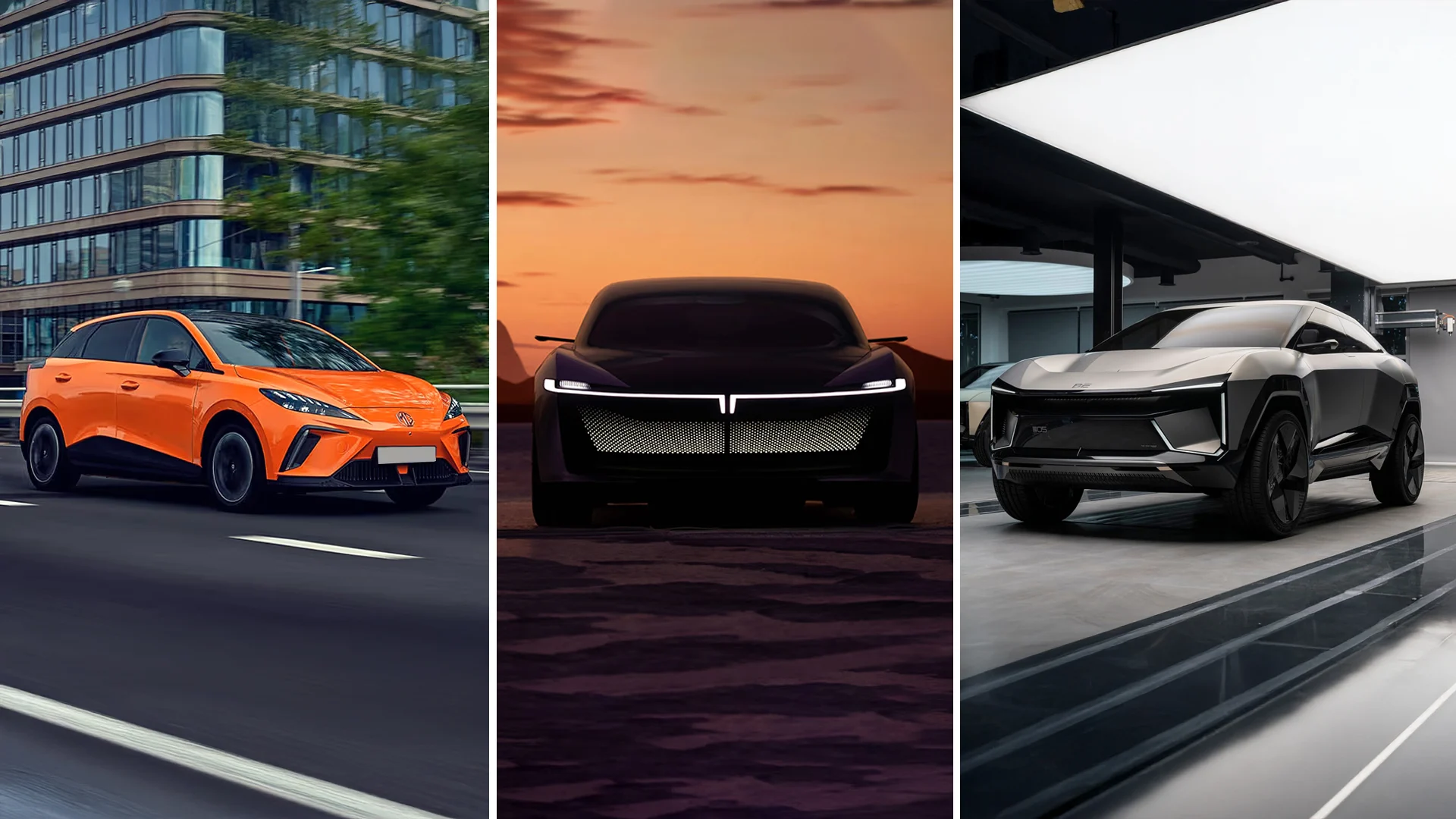
_1716799620.webp)

